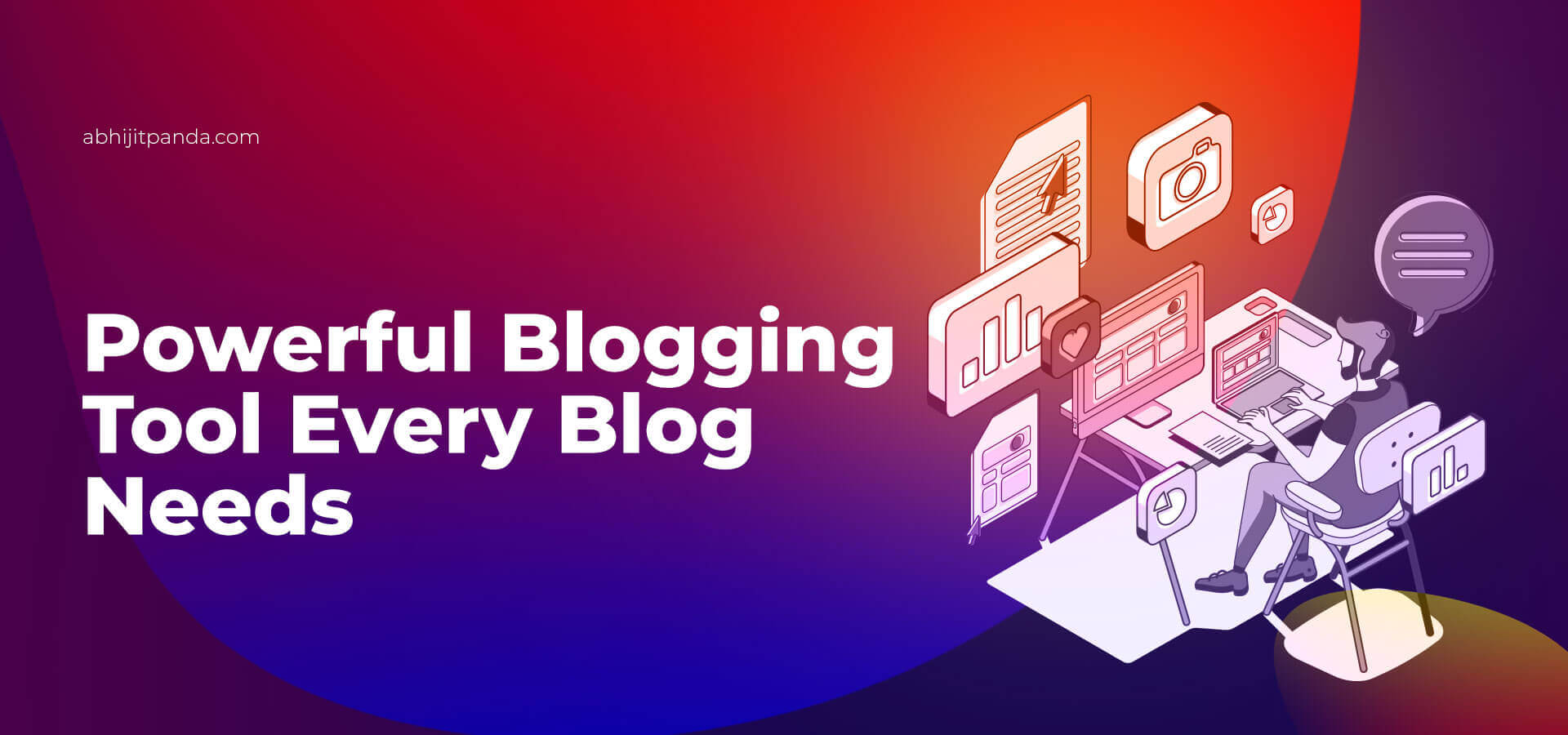 Brand Building for Startups
Brand Building for Startups
Like large and established businesses, startups have to overcome a slew of challenges to achieve and sustain profitable growth. The data compiled by CB Insights suggest that competition is one of the top reasons that make startups fail. A startup can beat the competition only by communicating, promoting, and exposing its brand to more customers and prospects.
Like other innovative startup founders, you can make your product or service stand out from the crowd by focusing on brand building for startups. The brand-building strategy will help your startup attract, acquire, and retain customers. At the same time, the startup branding will help you impress partners, creditors, investors, and other stakeholders.
While planning brand building for startups, you must ensure that customers and prospects identify and experience your brand across communication and marketing channels. Also, you can gain a competitive edge only by focusing on the key elements of startup branding and adopting several startup branding best practices.
8 Ideas to Strengthen Your Strategy for Brand Building for Startups
1. Focus on the Key Elements of a Successful Brand
While making a startup brand-building strategy from scratch, you must focus on four important aspects of the brand – promise, story, value, and identity. Promise covers what customers can do using your brand, while the story will showcase how your brand meets customers’ needs.
At the same time, values will focus on what your brand delivers to various stakeholders and what makes it different from competitors. Finally, identity will cover the words and images that will make a customer recognize and recall your brand. The combination of these key elements facilitates brand building for startups from scratch.
2. Design a Logo that is Appropriate and Unique
As a graphic mark or symbol, a logo facilitates your brand’s public identification and recognition. Many companies and startups these days optimize logos to achieve a slew of objectives – make a strong first impression, express brand values, and add credibility to a brand.
Customers can remember and recall your product, service, or business whenever they see a logo that stands out from the crowd. You can design the logo using many online design tools. But you must perform A/B testing to choose the perfect logo for your startups. Also, you must protect the logo design by registering a trademark.
3. Build a Website that Delivers Outstanding User Experience
Increasing web presence and visibility is one of the most important aspects of startup brand building. In addition to improving the brand’s online visibility, a website helps your startup showcase its products/services and enables customer contact. You can convert website visitors into leads and customers by running various digital marketing campaigns.
But you can leverage the website as a branding tool only when it delivers an outstanding user experience. While building the website, you must assess its user experience across devices and platforms using key parameters like speed, accessibility, navigability, and security.
4. Book the Right Domain Name
As a key internet infrastructure, a domain name provides an identity to the website by acting as its virtual address. While selecting a domain name for their website, startup founders often ignore the significance of linking it to the brand. You should not forget that customers will find and access your website based on its domain name.
Hence, you can boost brand building for startups by choosing a domain name that matches the name of your brand or startup exactly. However, many startups these days opt for domain names that make URLs SEO-friendly. It is always important to choose the domain name and extension according to your industry’s best practices.
5. Focus on Building Long-Term Relationships
You can make brand building for startups successful only by building and sustaining long-term relationships with customers. In addition to promoting customer loyalty, your startup branding strategy must focus on connecting with customers emotionally. As highlighted by several studies, successful branding strategies evoke an emotional response from customers.
You can evoke an emotional response from customers by telling brand stories and broadcasting brand values. But you must remember that customers will respond to your brand value only when it matches their personal values. Also, you cannot connect with your customers emotionally if the brand story does not appear authentic and personal.
6. Keep Your Mission Statement Short and Catchy
You can express the brand voice clearly and compellingly by composing the perfect mission statement. The mission statement must highlight the impact of your brand and startups in a concise, compelling, and unambiguous way.
You, like other startup founders, can get innovative ideas by reading the mission statements of leading brands like Google, Amazon, and Facebook. However, comparing multiple versions of the mission statement is also important by performing A/B testing.
7. Implement Multichannel Digital Marketing Strategies
Most startups these days promote their brands by combining marketing and sponsorships. However, most startups run digital marketing campaigns to create brand awareness in a cost-efficient way. While brand building for startups, you have the option to choose from many digital marketing strategies.
- Search engine optimization (SEO)
- Content marketing
- Social media promotions
- Email marketing
- Video Marketing
- Influencer marketing
However, you must choose and combine the right marketing strategies to promote your brand through multiple digital marketing channels.
8. Deliver Omnichannel Customer Service
Customers these days use customer service as a key parameter while selecting or switching brands. Your startup branding strategy must focus on delivering outstanding customer service to improve customer experience and promote customer loyalty.
However, the strategy needs to ensure that every customer can access information or resolve issues using her choice of communication channel. Also, your startup must make it easier for customers to resolve issues on their own by providing self-service options like access to a knowledge base or interaction with chatbots.
Conclusion
In addition to running multichannel digital marketing campaigns, your startup must focus on branding as a marketing strategy. But you can make the brand-building efforts for a startup more effective only by focusing on the key elements of startup branding. Also, you must look for ideas and best practices that provide your brand building for startups with a competitive edge.








Leave a Reply